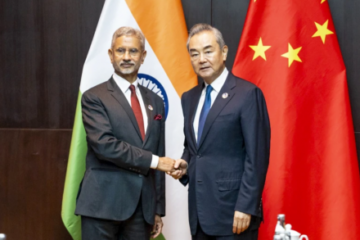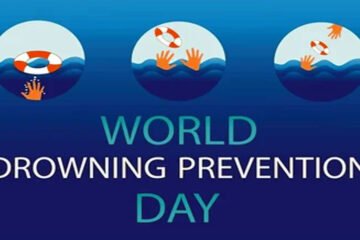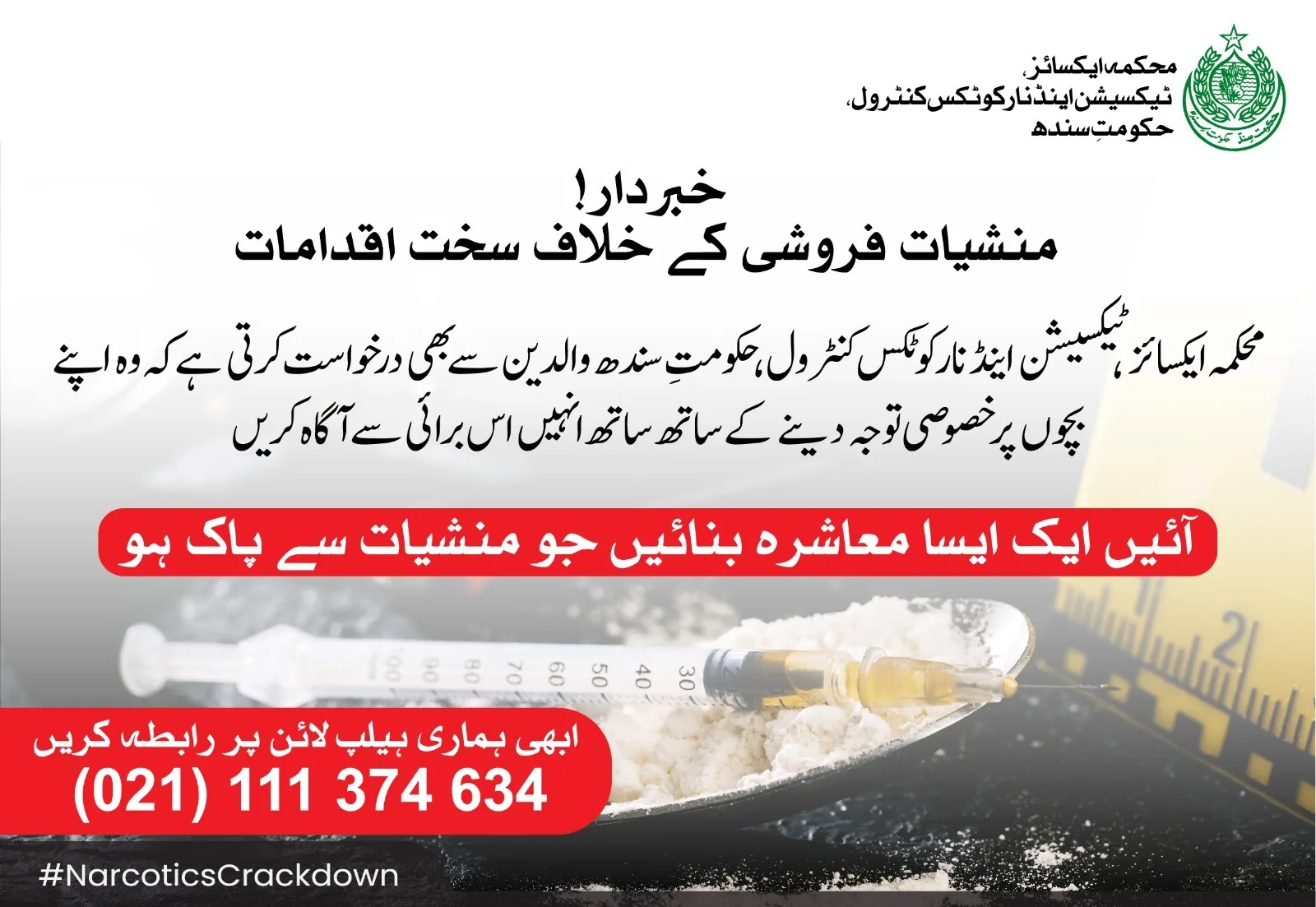Civil crime during Sudanese protests comes to a climax

With virtually no internet and phone services, it’s a miracle that Sudan’s cries have reached the social media platforms of Instagram and Twitter.
Nahid Jabrallah, according to FRANCE 24, is one of the many Sudanese people who is trying to push on in spite of the sociopolitical misery and chaos that has plagued the country. Raising international awareness has become even more difficult with the lack of phone services and Internet. Jabrallah is a women’s rights activist how has endured several abuse and threats throughout the protests she has taken part in.
“They separated us into groups of men and women and they threatened to rape us. They said, ‘We will f**k you’ in a phone interview with FRANCE 24. “They were whipping and kicking us. I have bruises on my body, I have a crack in my foot… I have to take care, but I’m fine…may be I’m traumatised, but I’m continuing,” she insisted.
“There are many testimonies and eye witnesses of sexual violence, including gang rapes. But it’s very difficult to reach people, victims feel insecure and traumatised. We need help from the international community.” said Jabrallah vehemently.
Soldiers with heavy arms move rampantly throughout Khartoum, according to several activists who spoke to FRANCE 24. Communication and international outreach has become substantially difficult with Internet blockages and the banning of telephonic communication. Further, reports of mass rapes were circulated shortly after the Rapid Support Forces attack during the Khartoum sit-in, which killed more than 100 people, according to opposition leaders. Several bodies were dumped in the Nile, according to witnesses.
“We have heard cases of sexual harassment in detention to ‘break the girls’ since this revolution began [in December 2018] although the reports have multiplied since June 3. They [RSF troops] were asking girls to take out their underwear as a humiliation, it shows the extent of the toxic criminality here,” said activist “Huma,” a women’s rights activist who is struggling to expose cases of sexual harassment that have taken plac since the Ramadan Massacre of June 3. With severed communications systems, Huma has expressed the difficulty in exposing these crimes, according to her phone interview with FRANCE 24.
70 rape cases were recorded by hospitals in Khartoum following the Ramadan Massacre. The actual figure of rapes, including undocumented cases, is likely to be higher. Due to cultural abjection, among males as well as females, victims of sexual exploitation are often unable to speak out and seek the attention that they need. NGOs and appropriate services are also lacking in Sudan. Further exacerbating issues, RSF soldiers have also stormed into a Khartoum hospital to imprison doctors, ordering medical teams to abandon health vicinities full of wounded protesters.
“It’s important to differentiate sexual violence from other crimes – not because they are more important, but because sexual violence needs special expertise,” – Celine Bardet (international criminal lawyer and founder We Are Not Weapons of War (NGO). “Survivors often don’t come out and talk about it, so we need to be more proactive to give them a path to expression, particularly in countries where women are not used to talking due to societal organisation.” In a repressive culture that practices honour killings, the difficulties for Sudanese women to publicly speak up about these cases of sexual violence is more immense than conceivable.
“We’re getting information of a fair amount of sexual violence which is an element that can be used, along with others, to constitute an international crime” Bardet expressed to FRANCE 24.
The UN’s experts on sexual violence are trying to intervene.
For Sudanese protesters fighting for every fleeing breath, international intervention should be of utmost priority.
Jabrallah, sobbing during her phone interview with FRANCE 24 said it all in the harrowing phrase: “they’re trying to block us. Please focus on us, please don’t forget us.”












